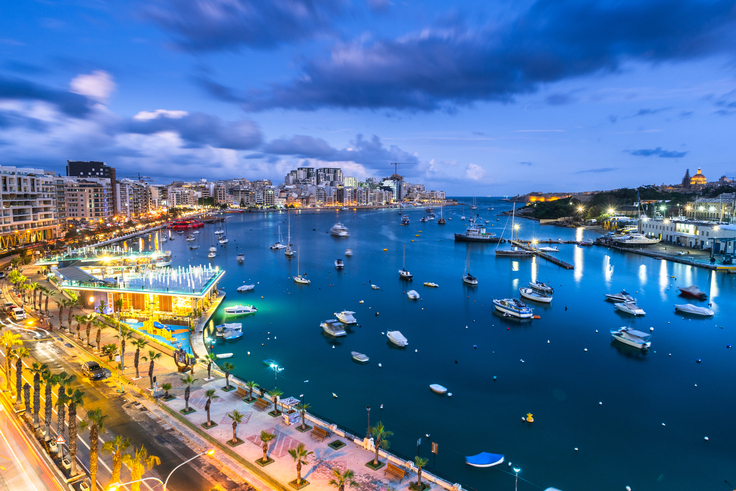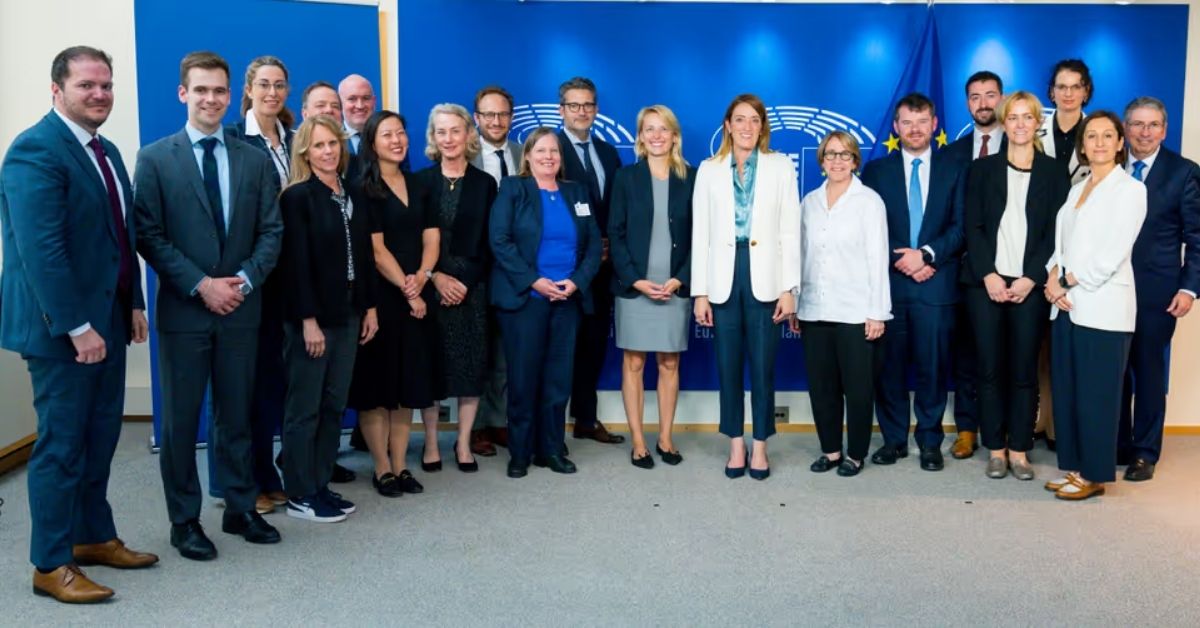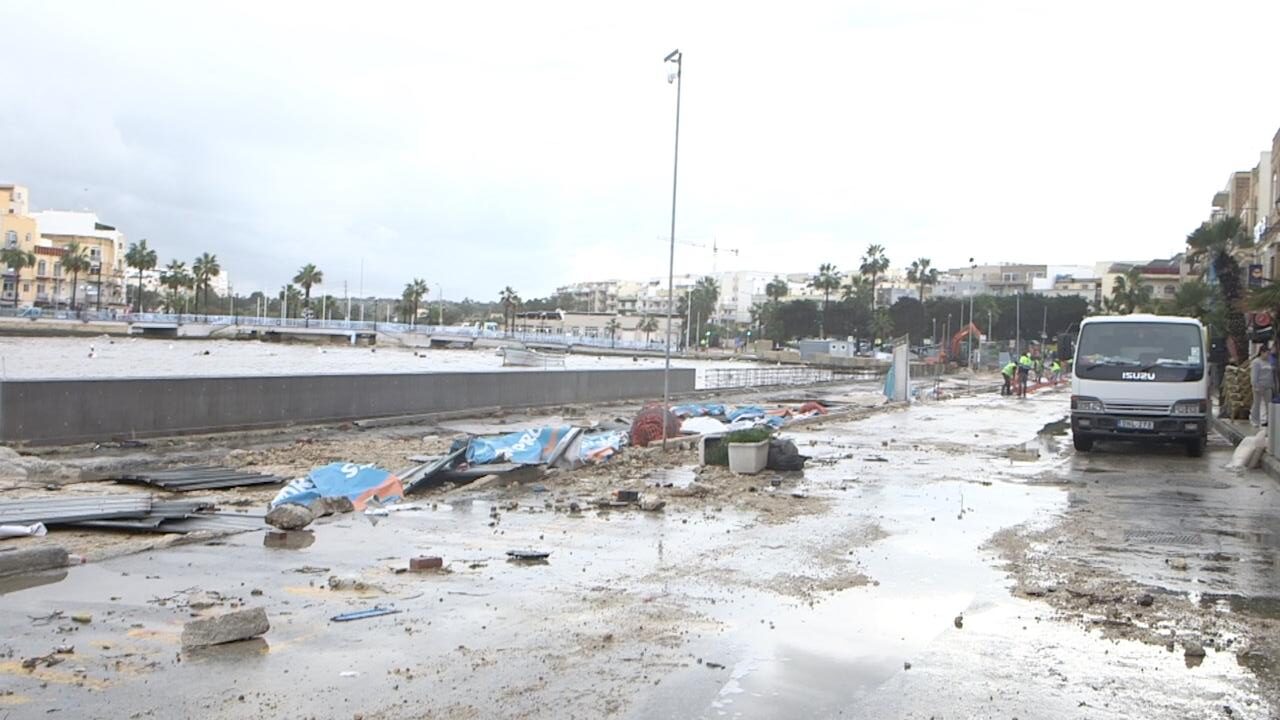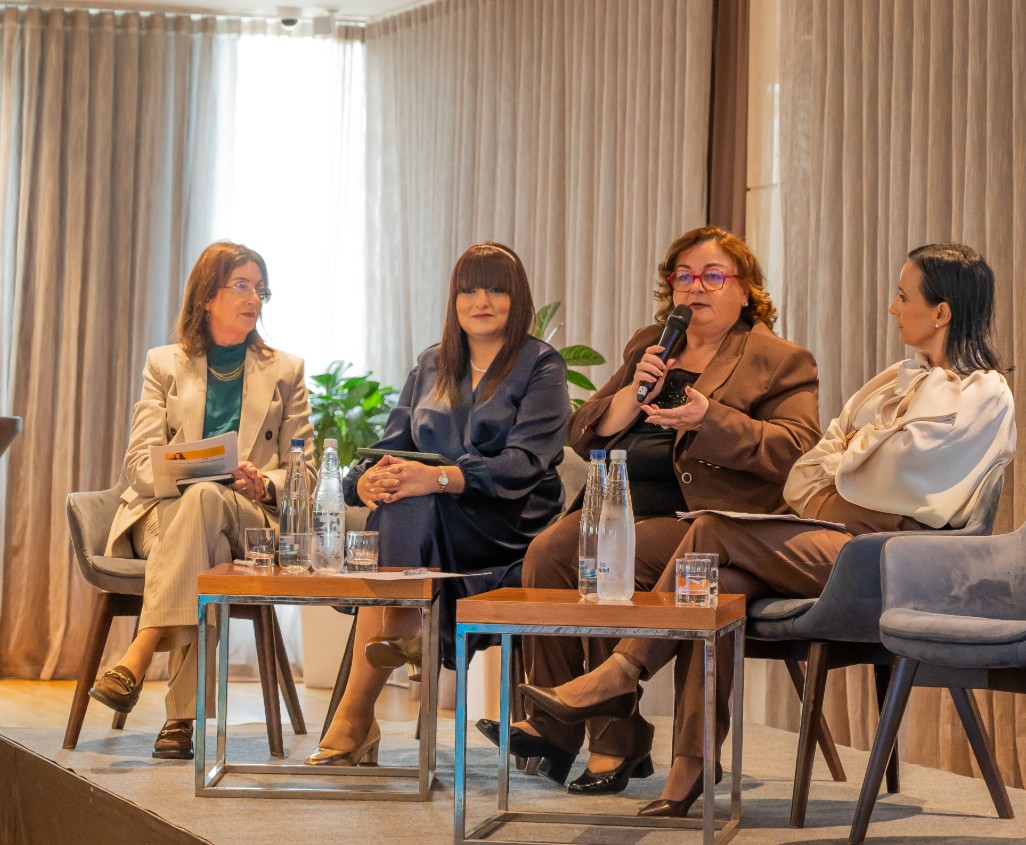Malta’s gross domestic product (GDP) reached €4.7 billion during the second quarter of 2023, increasing by 3.9 per cent when compared to the first quarter, according to a news release from the National Statistics Office (NSO).
Foreign trade played a key role, contributing positively to GDP growth (6.6 percentage points). This was attributable to an increase in exports of goods and services (+2.5 per cent) and a decrease in Imports of goods and services (-1.6 per cent).
Final domestic demand contributed negatively (-2.7 percentage points) due to negative growth in gross fixed capital formation. This was largely related to a sizable decrease in gross fixed capital formation (-18.3 per cent) as a result of lower investment in transport equipment.
However, private demand remained strong, increasing by 5.9 per cent, while general government final consumption decreased by 3.8 per cent.

When calculating Malta’s gross value added (GVA), the NSO reports that it increased by 5.2 per cent when compared to the corresponding period of 2022.
The contribution to the GVA growth rate of service activities and industry were both positive and stood at four percentage points and 1.3 percentage points, respectively. Conversely, agriculture and fishing recorded a negative contribution of 0.1 percentage points.
The increase in service activities was mainly driven by the growth rates recorded in the following sectors: administrative and support services activities (25.4 per cent), financial and insurance activities (15.4 per cent) and accommodation and food service activities (21.8 per cent).
Another approach to measure economic activity is the income approach, which shows how GDP is distributed among compensation of employees, operating surplus of enterprises and taxes on production and imports net of subsidies.
Compared to the second quarter of 2022, the increase of €416.9 million in nominal GDP was mainly the result of increases in compensation of employees and gross operating surplus and mixed income of €135.4 million and €285.3 million, respectively. These increases were partly offset by a decrease of €3.8 million in net taxation on production and imports.
French NGO accuses Metsola and MEP of working with USA to dismantle Green Deal
Bloom calls out EU officials for 'adopting the Trump administration's strategy' to torpedo corporate environmental due diligence
Storm-hit businesses can now apply under amended Malta Enterprise scheme
A new measure offers targeted aid to storm-hit businesses while giving non-compliant operators one year to regularise their permits
Access to finance and rising fraud risks discussed at Malta Women & Finance Summit 2026
Expert advice for spotting scams and opinions on investing






